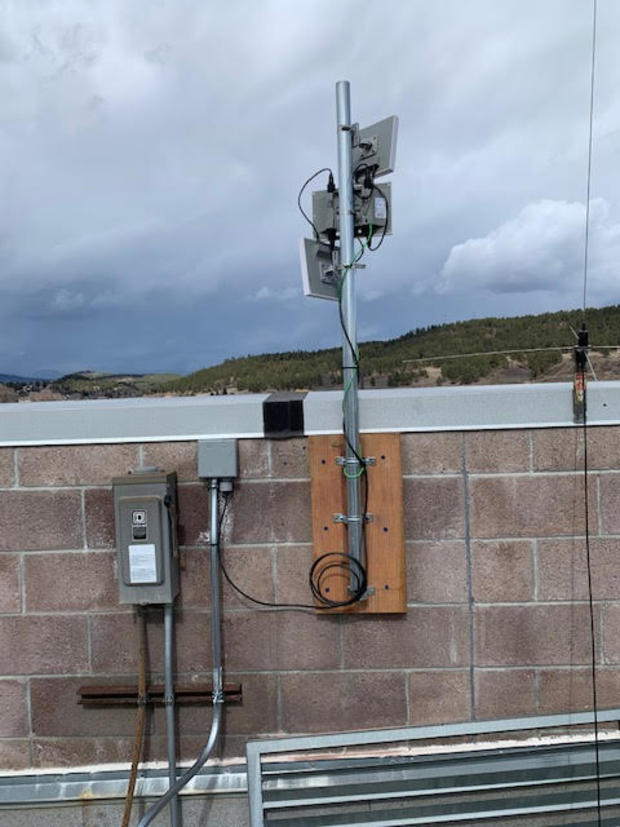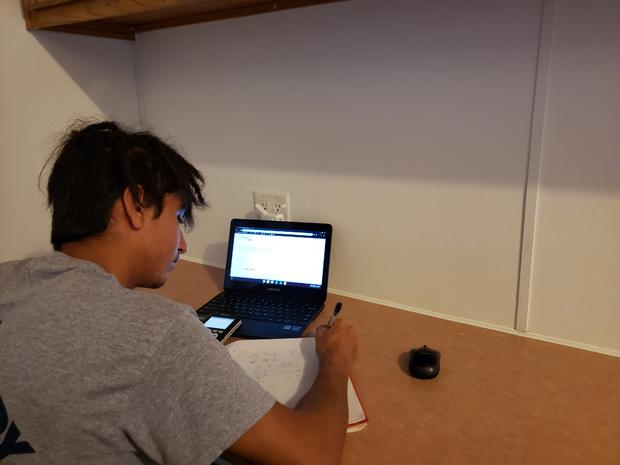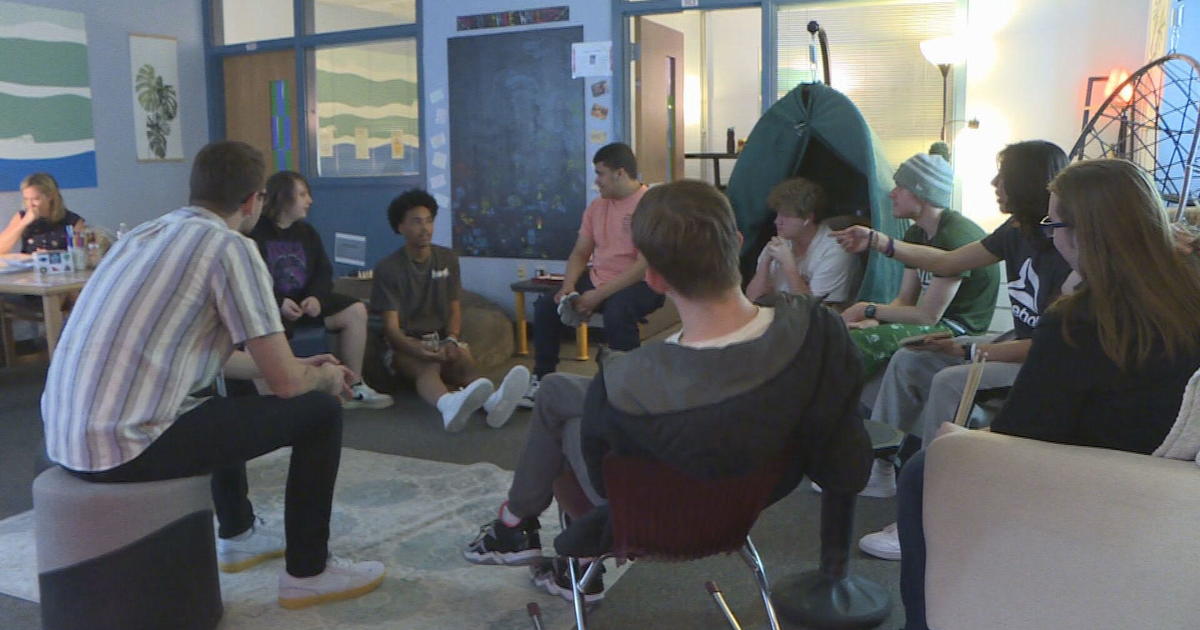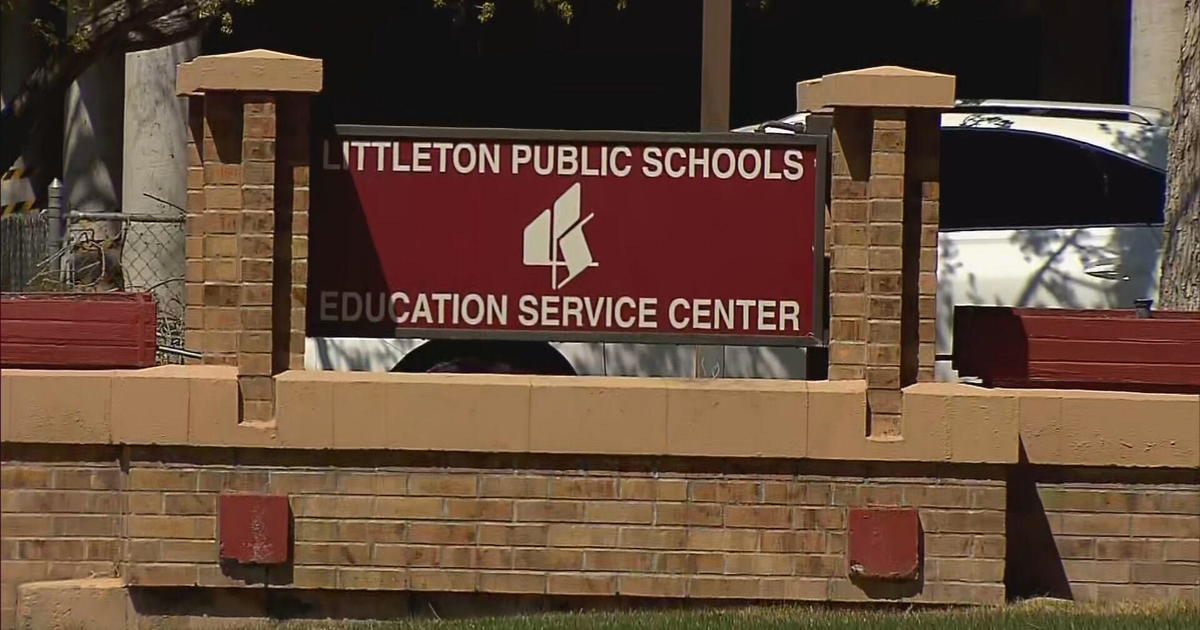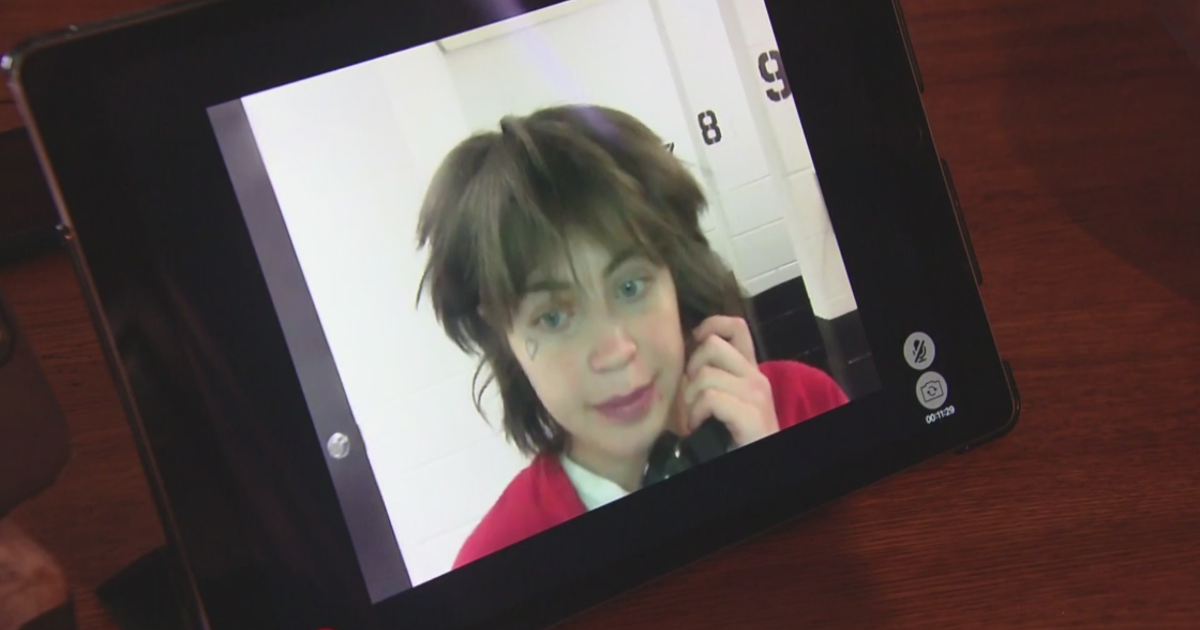Coronavirus In Colorado: Thousands Of Rural Students Lacking Internet Access Struggle With Remote Learning
(CBS4) - As schools across the state are being ordered to stay closed until April 30, CBS4 has learned there are thousands of students in Colorado who are having trouble learning remotely, because they don't have internet access at home.
"One of the disadvantages we see in rural areas is really access, and so having to switch to totally remote learning has created some unique challenges for many of our school systems with regards to both bandwidth and devices," explained Kirk Banghart, the Chief Facilitator for the Colorado Rural Education Collaborative.
Banghart says all of the 64 rural school districts he works with have done surveys to see who needs access and where.
"In this day and age, access to internet resources is kind of the definitive line between students who are successful, and students who are not," Banghart said.
School district superintendents in the rural stretches of the state tell CBS4 they're getting creative to provide internet to all of their students during this difficult time.
In Pagosa Springs, Archuleta School District Superintendent Linda Reed says every student has been given a Chromebook, but up to 15% of students in her district do not have access to internet.
She says without having internet connection, students can't access the important platforms teachers use for assignments. So, on Friday, March 27, workers attached internet access points to the high school's roof, so families can drive up and work on school assignments in the parking lot. That internet will only be available to students and staff.
In Gunnison, Superintendent Leslie Nichols says she's working on a GIS mapping project, so she can identify the specific needs of every student and staff member.
"I've worked so hard with our local providers to find out who has what kind of service and where, and I'm confident that once I have this GIS mapping project complete, which should be today or tomorrow, that we will be able to target and connect families with the appropriate internet service provider," Nichols said.
Nichols also said the Gunnison Watershed School District also bought 100 mobile hotspots to give to students in need. So far, the district has passed out 70 of them. To pay for those hot spots, she says she's relying on account reserves for the time being, but hopes federal relief money will cover the rest of the cost.
Additionally, Nichols said some local providers are stepping up to offer free or discounted service to families in her district. For example, IC Connex is providing internet to Gunnison students in the city limits for free.
In Hayden, Superintendent Christy Sinner says local internet provider, Charter, is waiving the service install fee to set up internet in student's homes, and it will be free for two months while school finishes up.
Down in Monte Vista, high school junior class president Andres Villa, 17, says he's heard of similar deals for his classmates who lack internet access.
"It's uplifting, because in a small community, we don't have a lot of resources, it's just a simple truth, and for these providers to understand that struggle and say, 'okay, we are going to give back to the community and we are not going to allow these kids to be left even more under-served than they already are, I think that's really uplifting," Villa said.
He said his school has also been accommodating to students lacking access. For example, an oral Spanish assignment had to be turned in via voicemail, where students had to call and leave a voicemail reciting required words.
While free internet is becoming available to students in some remote areas, there's still the issue of broadband and high-speed internet connectivity, which is needed for video chat meetings and downloading or uploading larger files.
"It's a struggle, I'm not going to cover that up by any means," said Sinner. "Equity and equality are huge on our radar, and we are trying to meet the needs of every student and every learner."
Sinner said internet is not only important for learning, but also for keeping spirits high during this time of isolation.
She said she has implemented "spirit days" among the district, like a crazy hat day, where students can post pictures of themselves wearing a silly hat on their school communication platform.
Superintendents tell CBS4 this pandemic has also generated a broader conversation with state leaders about the importance of making internet access a basic utility, like water or electricity.
"This country, 100 years ago, was able to electrify every rural home in America, and we did it again for telephone service, it's time to do that now for internet service," Nichols said. "This pandemic crisis really is an opportunity to say it's time, in fact, it's past time, that we come together and find solutions so that no matter where you live, no matter your zip code, no matter if you have to drive down a ranch road to get to your house, of if you're in a city, you have access to this incredible resource that really is fundamental to being a part of this country in the 21st Century."
RELATED: Latest Updates On The Coronavirus Outbreak In Colorado
